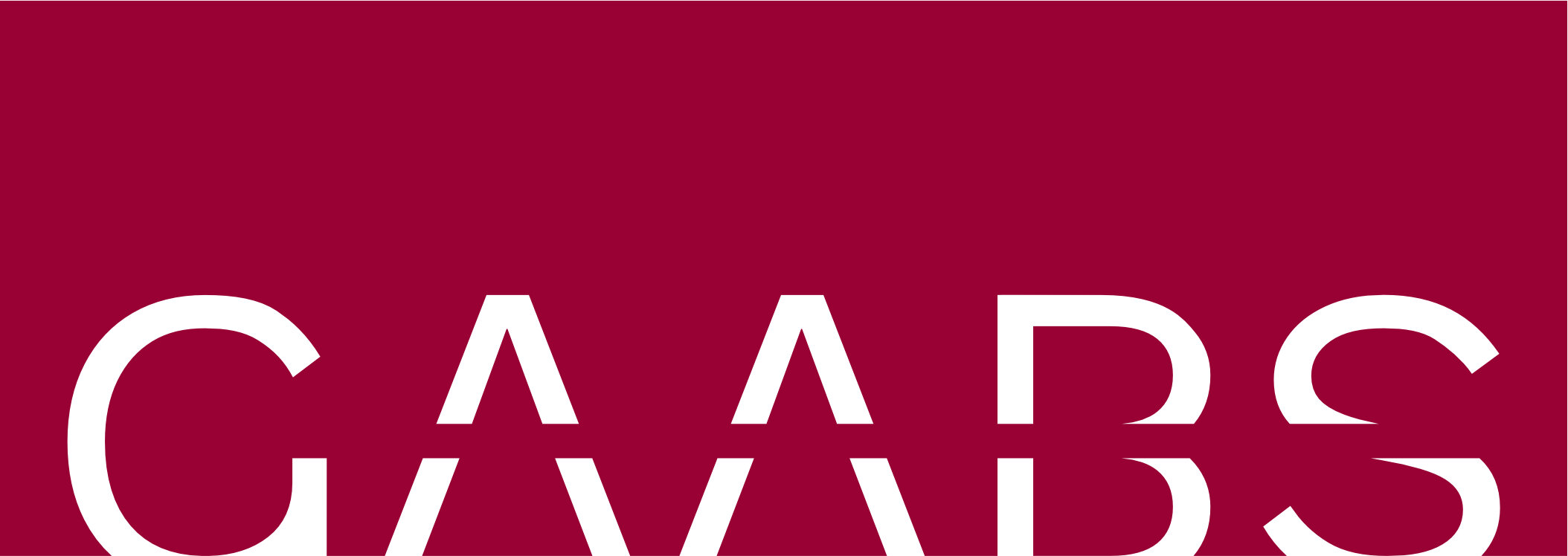Membership types
GAABS welcomes organisations with an established track-record and demonstrated commitment to behavioural science as well as individual, experienced behavioural science practitioners, and post-graduate students in a relevant discipline. There are 4 types of membership: individual membership, student membership, corporate/organisational membership and honorary membership.
Individual Membership
In order to be eligible for the Global Association of Applied Behavioural Scientists as an individual, one of the following criteria must apply (either ‘1’ or ‘2’ below):
Proof of a completed postgraduate qualification (e.g. MSc/PhD) in a relevant subject (including, but not limited to, behavioural science, behavioural economics, psychology, decision science, cognitive science, neuroscience, or similar); OR
Proof of a significant contribution to the field of applied behavioural science. This must involve a combination of at least two of the following five criteria:
Certification of completion of an approved post-graduate training programme, e.g. an Executive Programme in Applied Behavioural Science.
At least two relevant publications in peer-reviewed journals or behavioural science books, subject to approval by the Board.
A teaching position on a Behavioural Science related course or programme.
An endorsement of at least three existing individual members. This may include members of the Executive or Advisory Board.
A relevant contribution to the field through an impact statement outlining practical applications. (Subject to approval by the Board)
All criteria will be evaluated by the Association’s Membership Committee.
Individual membership shall be open to all, regardless of age, race, sexual orientation, gender identity, socio-economic status, disability, or national origin (this list is not exhaustive) as long as they meet the above criteria.
Organisational Membership
In order to be eligible for organisation membership, the following criteria are required:
Operate as a specialised applied behavioural science setup or applied behavioural science team/unit within a non-behavioural science organisation.
Proof of a portfolio of projects developed within the domain of applied behavioural science.
Proof that a significant proportion of all employees of either i) the specialised applied behavioural science organisation, or ii) the specialised applied behavioural science team/unit within a broader non-behavioural science organisation, meet the criteria outlined above for the individual membership.
This could take two general forms, either that the organisation member is a specialist behavioural science organization with 2/3rds or more staff members (>66%) falling under the criteria of individual membership, or a more general organisation with a dedicated behavioural science capacity with at least 2 out of 3 staff members (>66%) falling under the individual membership criteria.(New employees to a member organisation will receive a 12-month grace period. This means they have 12 months before inclusion in the >66% hurdle, during which time they can achieve eligibility for individual membership.).
Where an organisation is neither (i) a specialised behavioural science setup or (ii) specialised behavioural science team or unit within a non-behavioural science organisation, permission will not be granted under any circumstances. For the avoidance of doubt, sponsoring GAABS does not lead to eligibility as a member organisation. Being a member organisation of GAABS does not automatically qualify all individuals within that organisation or applied behavioural science team/unit as individual GAABS members themselves. For this to be the case, they must meet the individual member eligibility criteria stated above.
Student Membership
In order to be eligible for the Global Association of Applied Behavioural Scientists as a student:
Proof of enrolment in a postgraduate qualification (e.g. MSc/PhD) in a relevant subject (including, but not limited to, behavioural science, behavioural economics, psychology, decision science, cognitive science, neuroscience, or similar).
All criteria will be evaluated by the Association’s Membership Committee.
Student membership shall be open to all, regardless of age, race, sexual orientation, gender identity, socio-economic status, disability, or national origin (this list is not exhaustive) as long as they meet the above criteria.
